Benefits of Body Cameras: A Win-Win Solution for Law Enforcement and the Public
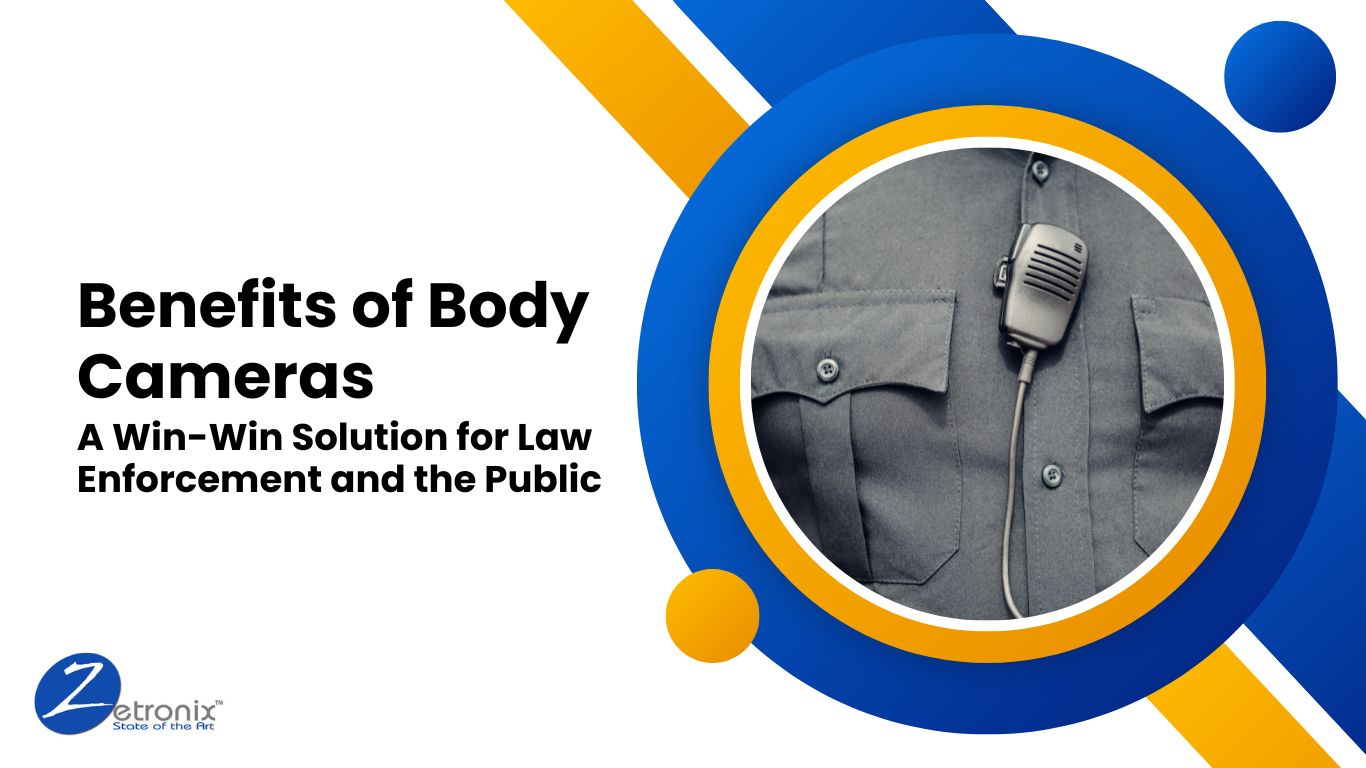
Introduction
As of late, camera technology has evolved immensely, and body cameras have become a game-changing innovation in policing. These little cameras, worn by cops, have become an essential instrument for guaranteeing public well-being, expanding straightforwardness, and giving significant proof. Body cameras have advantages for both law enforcement agencies and the general public. This article will discuss the benefits of body cameras and how they have evolved into a solution that benefits both the community and law enforcement. From further developing responsibility to improving public trust, how about we dive into the groundbreaking force of body cameras?
Benefits of Body Cameras for Law Enforcement and Public
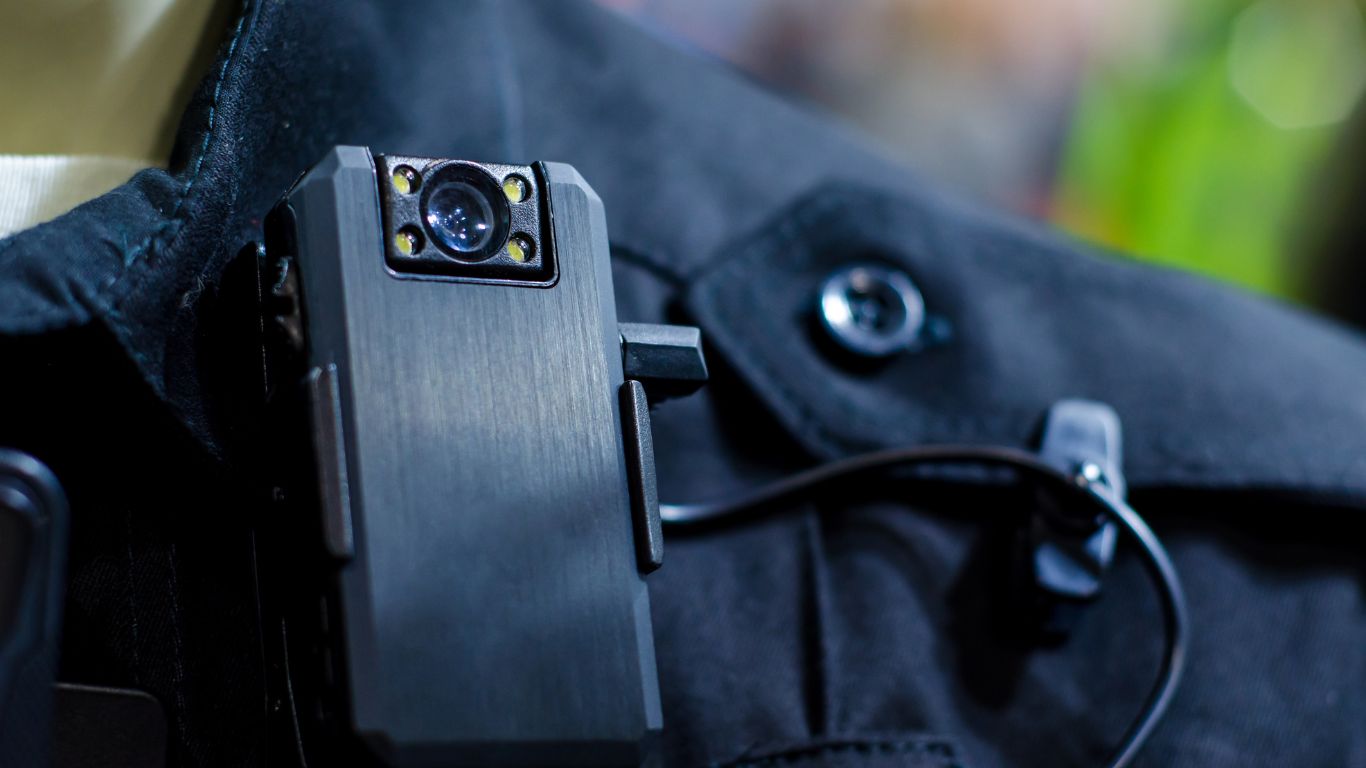
Enhancing Accountability and Transparency
One of the main advantages of body cameras is their ability to make law enforcement interactions more transparent. Body cameras accurately account for events by recording interactions between police officers and the public, reducing ambiguity and potential disagreements. These recordings can shed light on the actions of law enforcement personnel and the people with whom they interact as crucial evidence in investigations and legal proceedings. Body cameras make it easier to hold everyone accountable for their actions, resulting in equitable and just outcomes.
Law Enforcement Benefits
Body cameras encourage many law enforcement officers to maintain professionalism and adhere to best practices by promoting officer professionalism. Officers are likelier to adhere to established protocols and treat individuals with respect and dignity when they know their actions are being recorded. Officers may be reminded to uphold high standards of conduct by the presence of body cameras, decreasing the likelihood of misconduct or excessive force used. Not only does this benefit the general public, but it also improves the credibility and reputation of law enforcement agencies.
A Reliable Source of Evidence in Criminal Investigations and Legal Proceedings
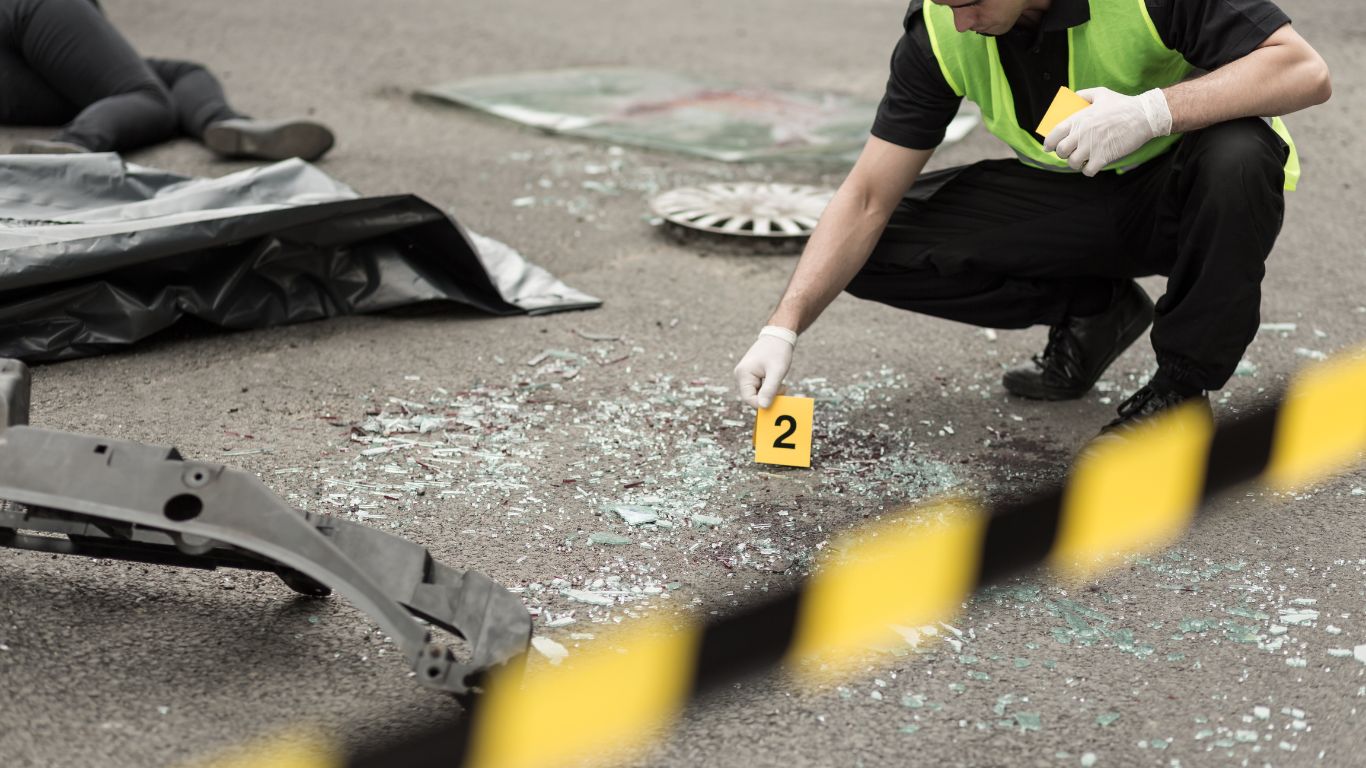
Body Cameras Provide Valuable Evidence The recorded footage captures crucial details that might have been missed otherwise, providing an impartial and objective account of the events. This evidence can support Witness statements, identify suspects, and verify that incident reports are accurate. Body camera footage has strengthened cases, resulting in more effective and fair legal processes. The wifi body cam can be essential in tracking and avoiding any crime on the spot, as there will be live updates.
Building Trust and Local Area Relations
Body cameras are critical in building trust between policing and the networks they serve. The public is assured that their interactions with law enforcement are being recorded and documented by body cameras, demonstrating a commitment to transparency and accountability. Through this transparency, positive relationships based on trust and respect are forged between community members and law enforcement. The public's confidence in the system is raised, and cooperation is encouraged when law enforcement is willing to take responsibility.
Shielding Officials from Misleading Complaints
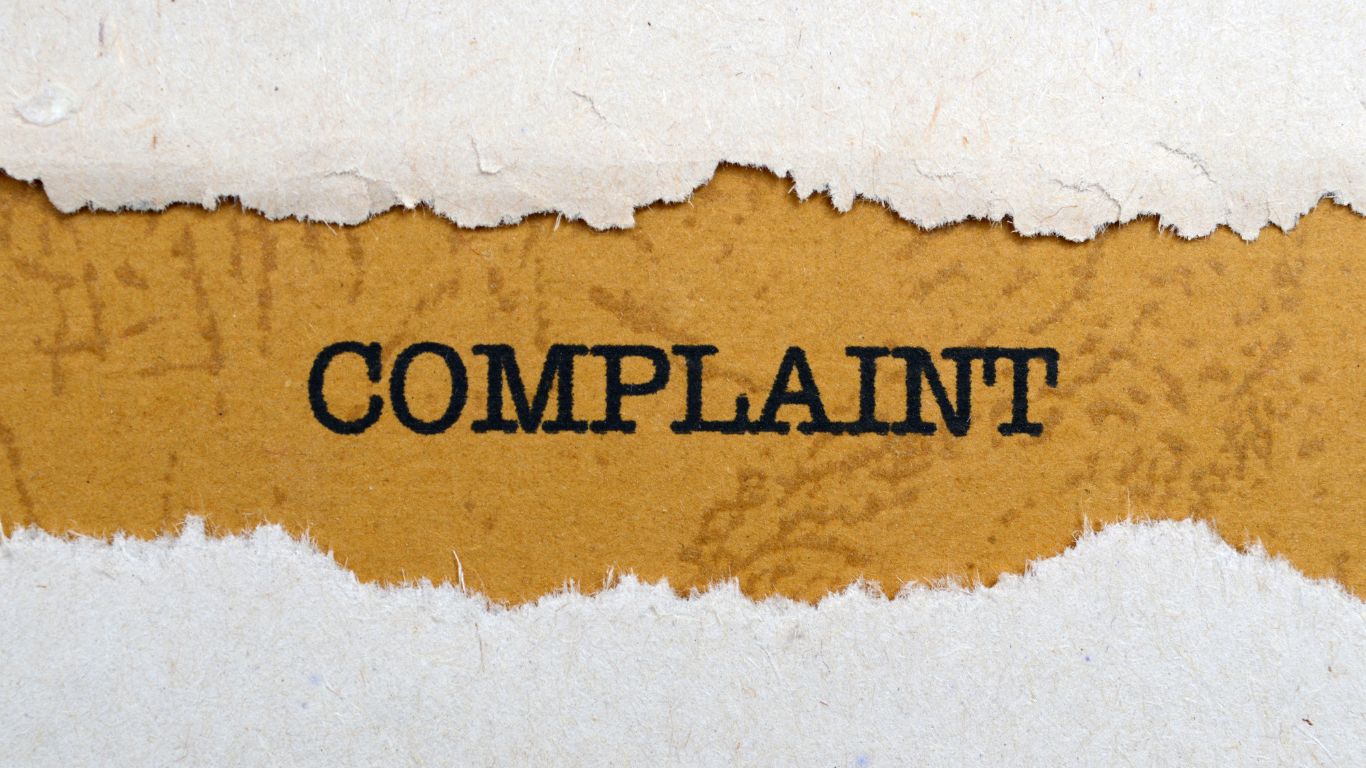
Cops frequently face fraudulent indictments and unwarranted objections. Officers can be shielded from such accusations with confidence thanks to Law enforcement cameras' ability to record events accurately. The video footage can be used as evidence to disprove unfounded claims and offer an objective perspective. This protects the individual officers' reputations and saves time and money that could be used to investigate false allegations.
Further developing Official Preparation and Execution
Body camera film can be an essential instrument for official preparation and improvement. Supervisors and trainers can review recorded interactions to evaluate an officer's performance, identify areas for improvement, and provide constructive feedback. This makes it possible to learn about and improve law enforcement procedures continuously. Agencies can enhance their training programs by analyzing real-world scenarios recorded by body cameras, ensuring officers are better equipped to handle various situations professionally and effectively.
Propelling Public Security Innovation
Body cameras are essential for more extensive headway in open well-being innovation. As camera innovation advances, police body cams become more modern, offering top-quality (HD) recording abilities and remote networks. HD body cameras give the more honed and itemized film, working on the exactness and transparency of accounts. Wi-Fi-enabled wireless body cameras improve evidence management efficiency by facilitating seamless and immediate footage transfer, making them the best Public safety technology.
Addressing Privacy Concerns
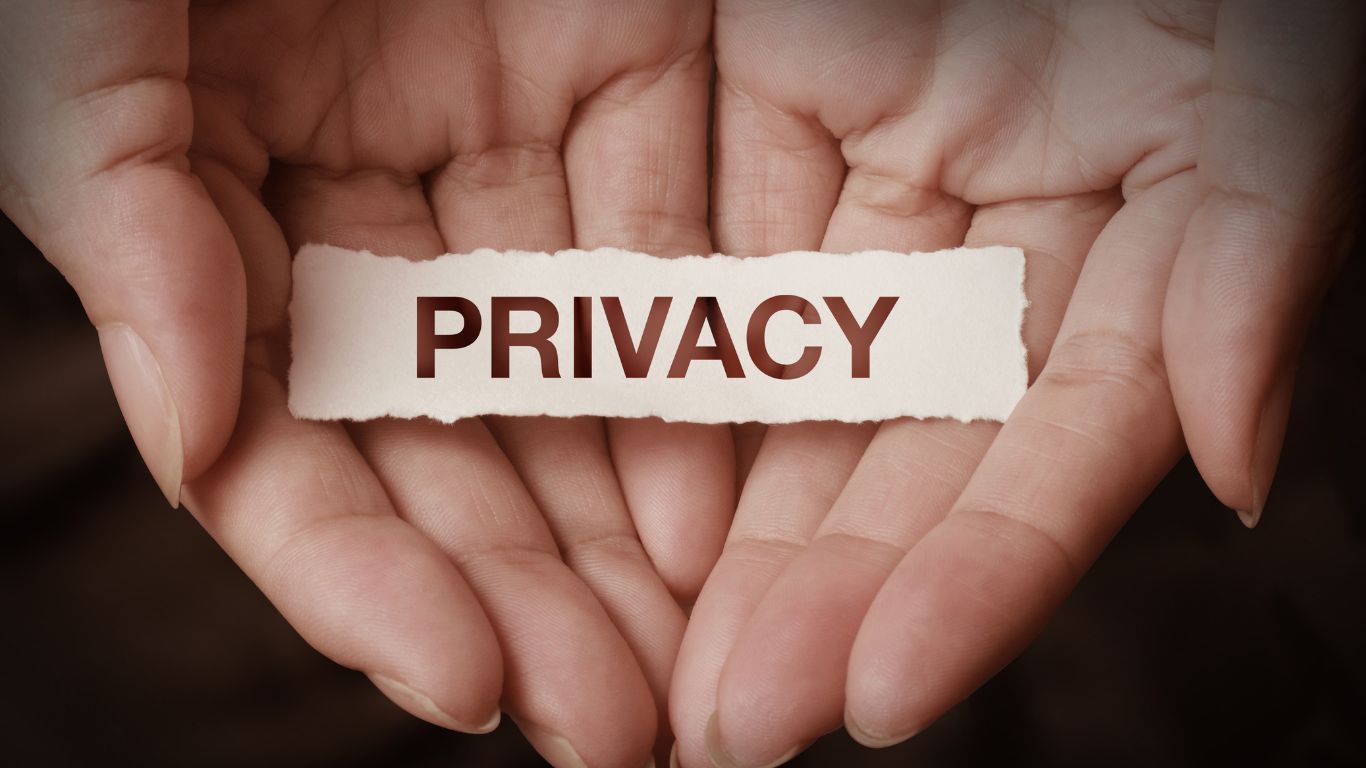
Despite the undeniable advantages of body cameras, it is essential to address privacy concerns. Arrangements and rules should be set up to guarantee that the utilization of body cameras regards the protected freedoms of people, especially in delicate circumstances like confidential homes or medical services settings. The handling and storage of recorded footage and the activation and deactivation of body cameras require clear protocols to be established. For body camera programs to work, they need to find a way to balance the need for transparency and accountability with the need to protect people's privacy.
Increasing Public Confidence and Police Accountability
Enhancing public confidence and police accountability is one of the significant advantages of body cameras. Body cameras assist in addressing concerns regarding police misconduct and excessive force use. Transparency is encouraged, and any potential abuse of power is discouraged when members of the public are aware that their interactions with law enforcement are being recorded. Body camera footage is a valuable tool enabling objective assessments and investigations when reviewing incidents. It gives a fair account of what happened, which can help clear up doubts and restore public confidence in law enforcement.
Settling Resident Grievances and Inward Examinations
Body cameras are essential in settling resident objections and directing interior examinations. The footage accurately records the incident where misconduct or inappropriate behavior is alleged. With this evidence, the condition can be evaluated objectively and fairly, ensuring that the truth is discovered and the proper steps are taken. Body cameras likewise smooth out the internal examination process by giving a thorough visual record that can be looked into by managers, interior issues offices, and other important gatherings.
Supporting Evidence-Based Prosecution and Defense
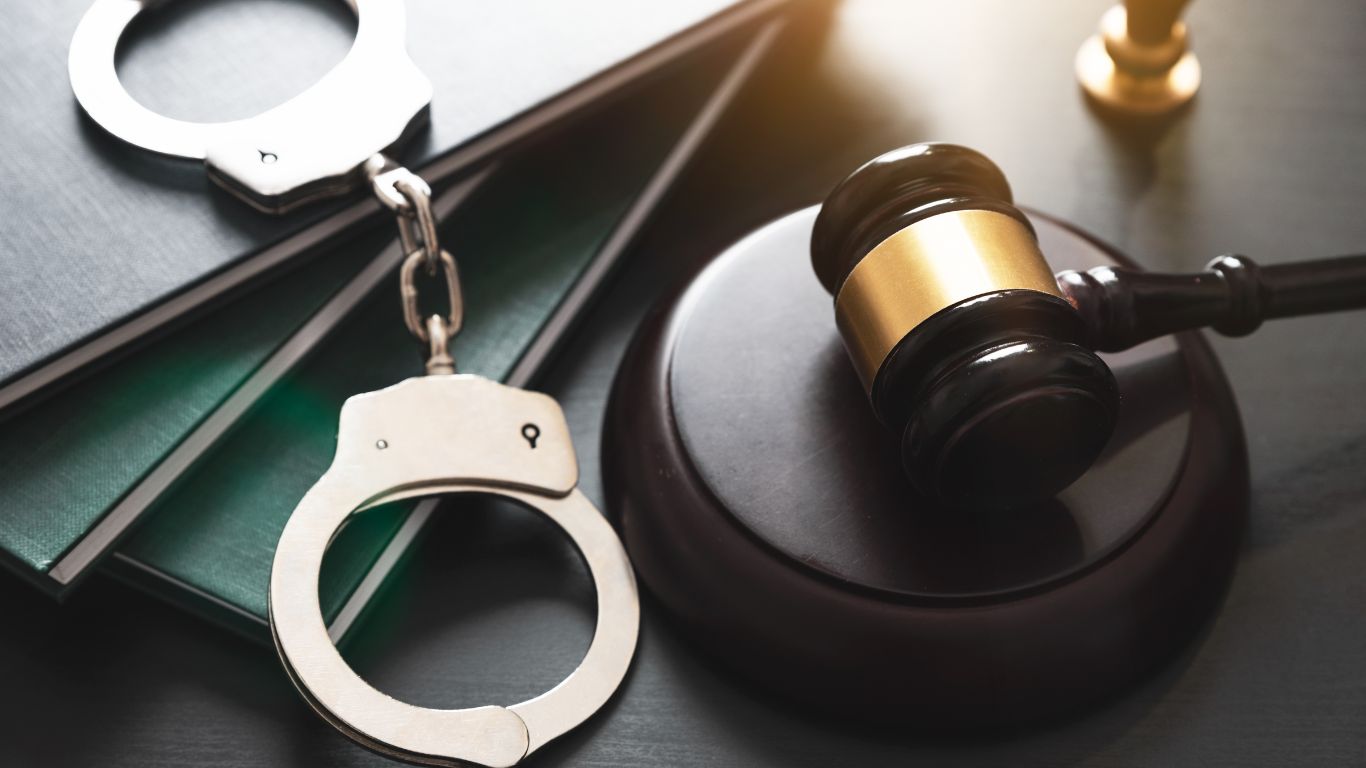
Body camera footage is an essential source of evidence in criminal cases for both the prosecution and the defense. The recorded footage may support or refute witness statements and provide an accurate and impartial account of the events. It aids in establishing the order of events, providing context, and providing insight into the actions of all parties. This reinforces the law enforcement framework by depending on accurate proof instead of exclusively on abstract memories. Body camera film can facilitate lawful interaction and guarantee fair results.
Further developing Official Preparation and Execution
The accessibility of body camera film works with official preparation and execution improvement. Supervisors and trainers can use the recorded interactions to evaluate an officer's actions and provide helpful feedback. Training programs can be improved by analyzing the footage to address specific areas of improvement. Body camera film gives real critical situations that permit officials to gain from their encounters and refine their thinking abilities. It encourages law enforcement agencies to have a culture of continuous learning and professional development.
Reducing Misleading Grievances and Claims

Misleading grievances and claims can fundamentally affect policing. Body cameras are an effective tool for reducing the number of false accusations. In support of officers, the recorded footage offers an objective account of interactions, disproves bogus claims, and provides incontestable evidence. Law enforcement agencies can effectively respond to false complaints by recording incidents, saving time and money on investigations and litigation.
Body cameras have been shown to increase public safety and reduce criminal behavior, both of which are benefits of their presence. Investigations have discovered that the permeability of body cameras can prompt a decrease in power utilization by officials and objections against them. People involved in fights may be less likely to act violently or illegally if they know their actions are being recorded. Communities' overall safety and security are improved as a result.
Advancing Straightforward Policing Approaches
The execution of body camera programs remains closely connected with the advancement of straightforward policing approaches. When adopting body cameras, law enforcement agencies typically set guidelines for when the cameras should be activated, such as during traffic stops, arrests, or any other situation an officer deems necessary. To ensure accountability and safeguard the privacy rights of those involved, transparent policies regarding the use, management, and retention of body camera footage are essential.
Conclusion
In conclusion, officers and the general public they serve have benefited from body cameras becoming an essential tool for law enforcement agencies. Body cameras have proven to be a solution that helps both parties, increasing accountability and transparency while also providing helpful evidence. Body cameras contribute to safer and more secure communities by fostering professionalism, fostering trust, and enhancing community relations. We can anticipate further enhancements in the capabilities of body cameras as technology advances, resulting in law enforcement procedures that are even more effective and efficient.




